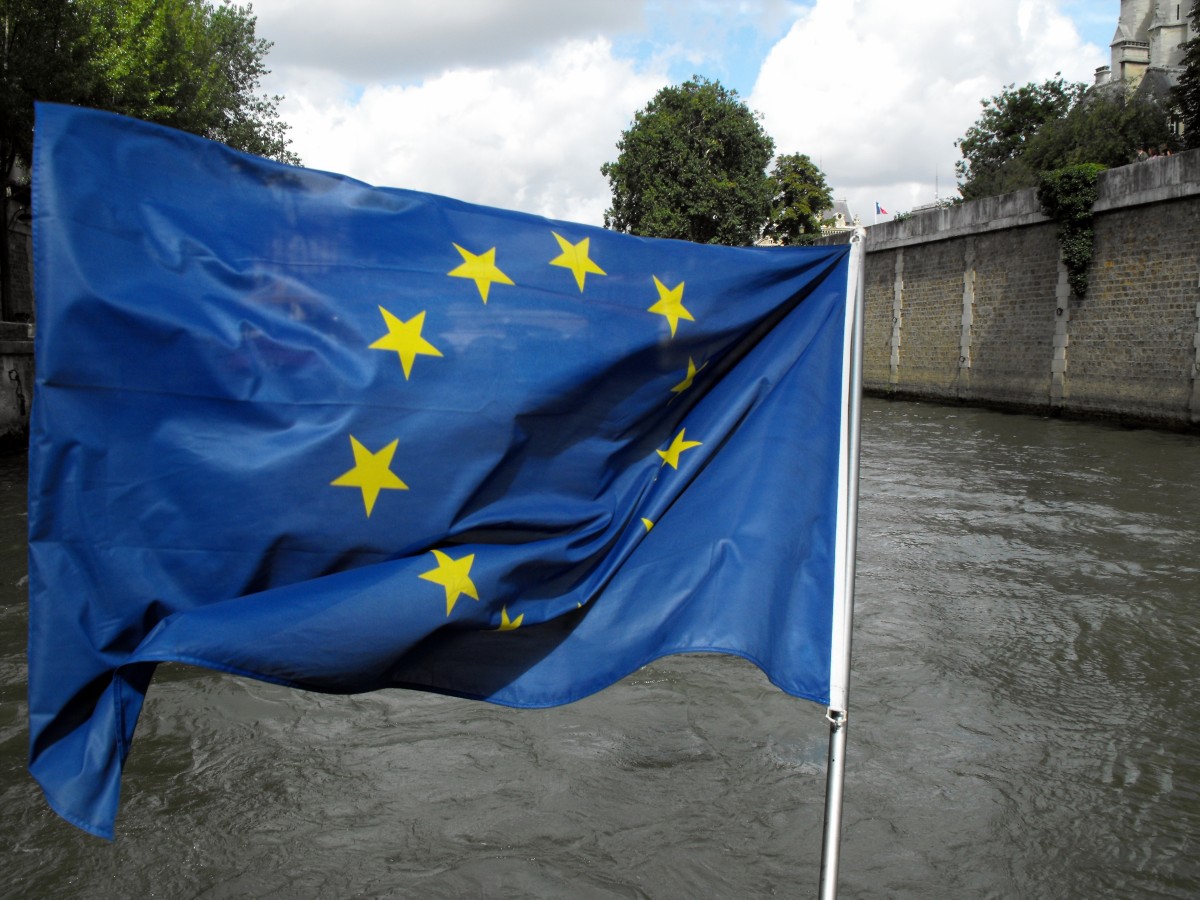Sponsored Content
Protection of the European Single Market: European Commission Wants to Control Third-Country Subsidies
The European Commission has presented a new proposal to combat competition-distorting subsidies from third countries. The background for the proposal is the increasing global imbalance between companies from the EU and those from third countries. This is primarily to counter the influence of China and Chinese companies in Europe.
 The European Commission has presented a new proposal to combat competition-distorting subsidies from third countries. / Picture: © Flickr / Dimitar Nikolov / [CC BY-SA 2.0(https://creativecommons.org/licenses/by-sa/2.0/)]
The European Commission has presented a new proposal to combat competition-distorting subsidies from third countries. / Picture: © Flickr / Dimitar Nikolov / [CC BY-SA 2.0(https://creativecommons.org/licenses/by-sa/2.0/)]
A new proposal from the European Commission aims to combat competition-distorting subsidies from third countries. The proposal was prompted by the increasing global imbalance between EU companies and companies from third countries. China in particular poses a problem in such cases. These measures are intended to counter China's influence on the European domestic market.
While…
or Log In
Fast News Search





